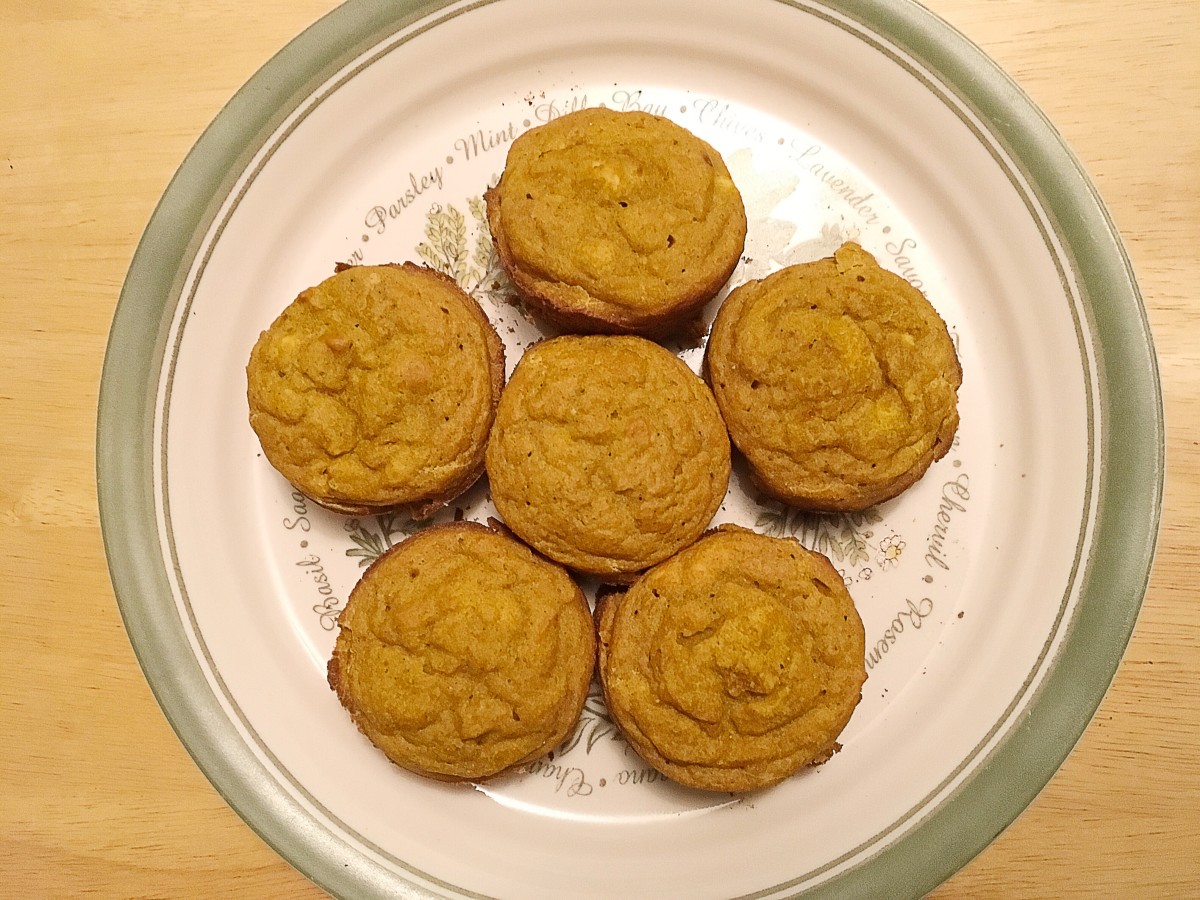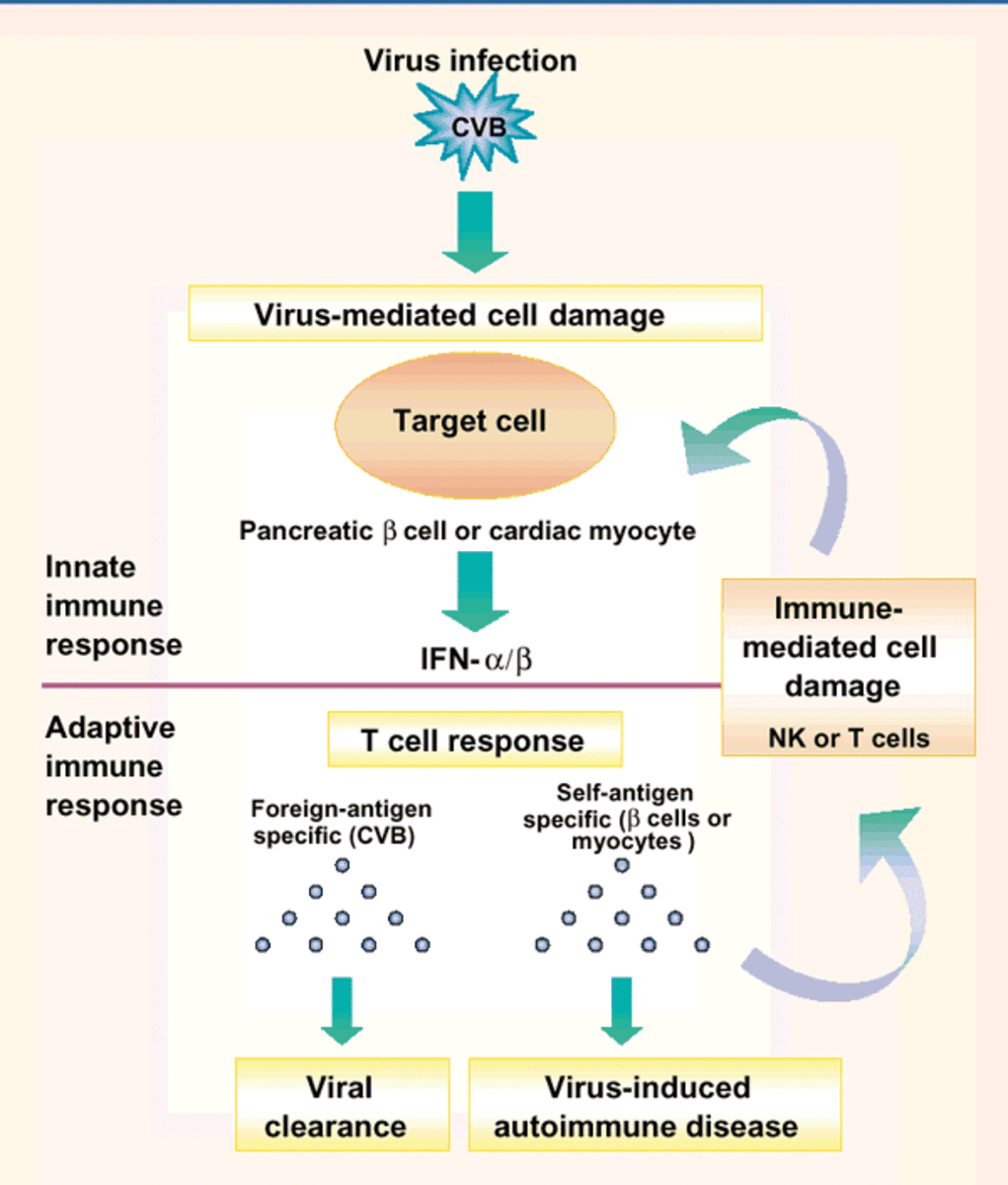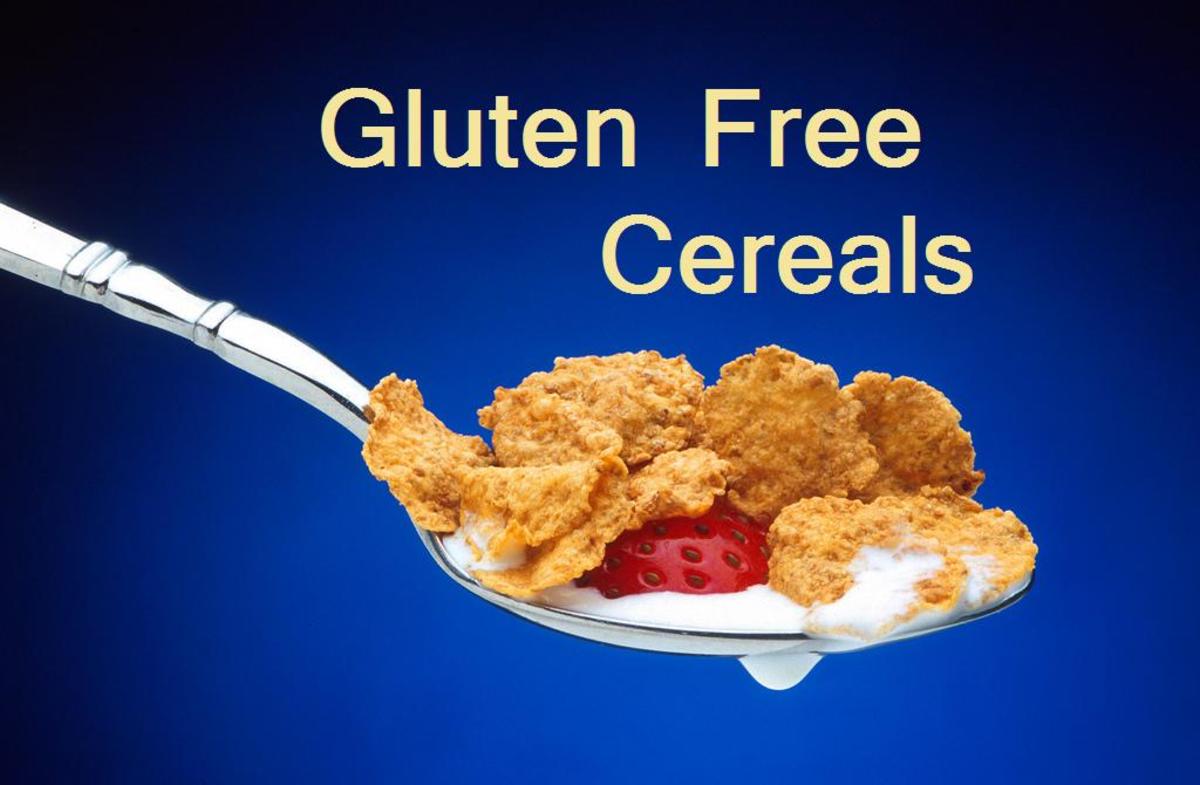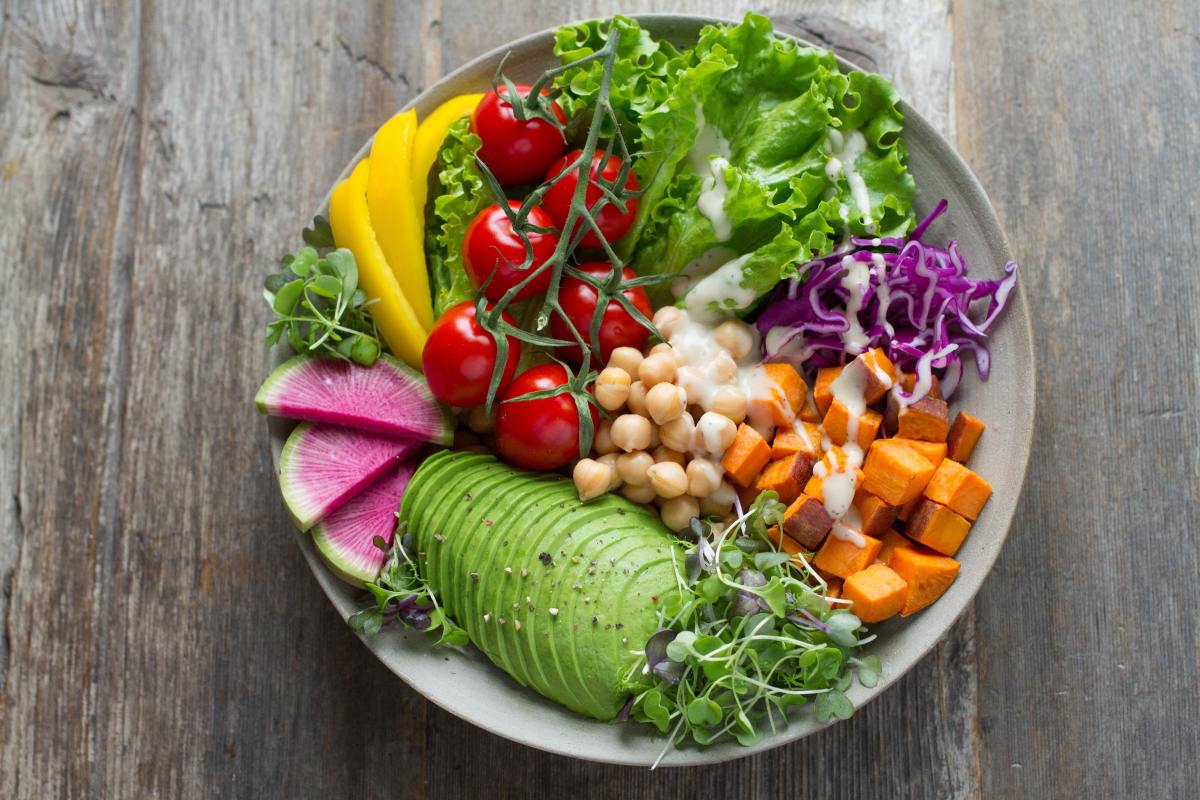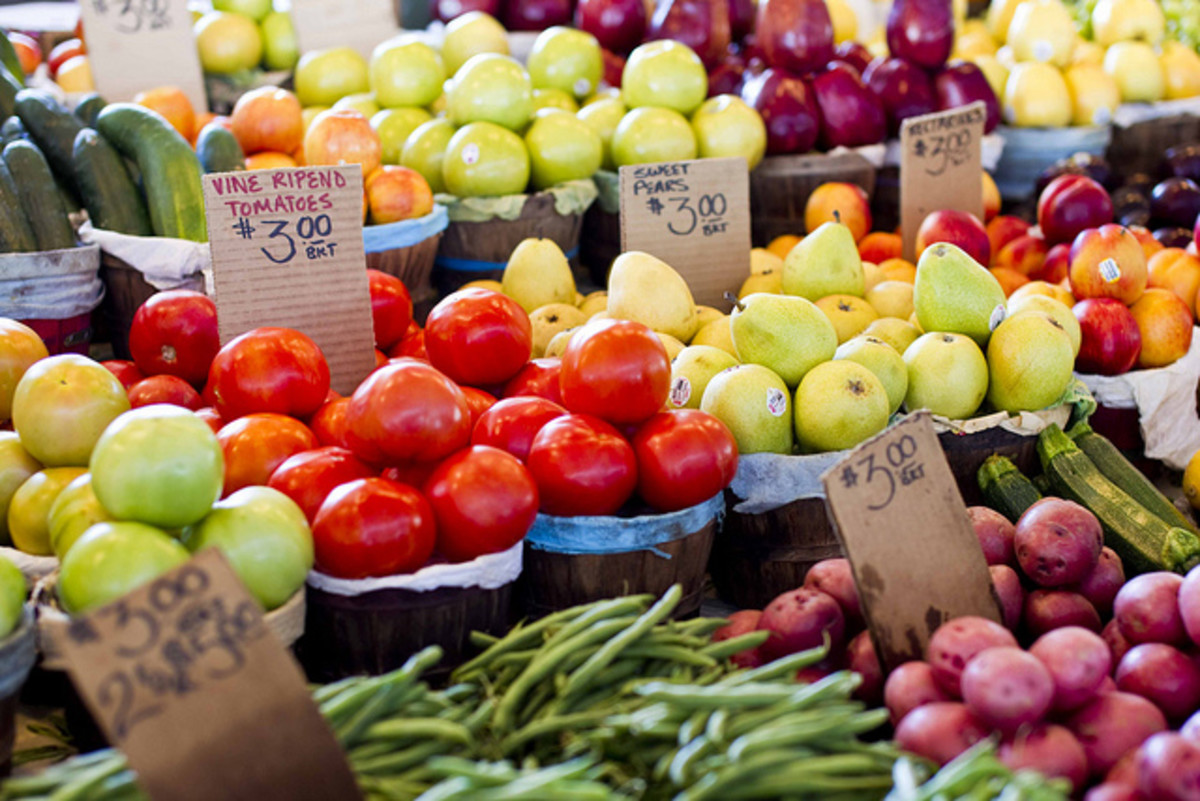Gluten: Putting The Myths To Rest
Some Celebrities Swear By The Gluten Free Diet

We can time capsule any period in human history and quickly learn that we have always been obsessed with health, beauty and longevity. For those of us who are most obsessed, we quickly soak up and then execute the latest diets of the gorgeous celebrities who swear by them. Maybe we follow their diets in hopes of becoming more attractive and energetic, and to alleviate ourselves of the brain muddle that we perceive as the cause for not meeting our potential.

Weight Loss Sensation
Enter the gluten free sensation, where nutritious wheat and other grains have become the bad guys wreaking havoc on our bowels, our skin, and our brains. But many still don't know much what gluten is and how it affects overall health. Could living gluten-free without cause to have a negative impact on your health? Changing diets to adopt what is perceived as healthier or less toxic eating should not be taken lightly, especially when the ingredient being eliminated castrates a good portion of a nutrient rich food group.
Gluten is the protein extracted from wheat and other grains. The gluten substance is chalky and stringy, allowing for a good knead into bread dough as a natural occurrence. This same substance traps the air in the dough ball, creating that gorgeous rise in bread. Gluten is also found in a myriad of different foods, especially in processed foods and not limited to “barley malt, chicken broth, malt vinegar, some salad dressings, veggie burgers, soy sauce and some seasoning”.
Besides breads and pastas, gluten can also be found in couscous, cracked wheat, farina, graham flour, matzo, semolina, and most processed oats. The list of gluten rich grains and what foods they're in is endless, but these foods also contain important nutrients and fiber vital to a healthy, well-functioning body. Therefore, eliminating many of these foods can cause you to become vitamin deficient if you don't have plan in place. A plan that should first be cleared by a doctor.
While these grains do provide essential nutrients, there are alternative gluten-free grains like buckwheat, corn, quinoa, and rice that are great substitutes for baking and cooking and provide plenty of nutrients. Add the fruit and legumes to make up for the now caloric, nutrient, and fiber deficient diet, and you're well on a path to a healthier you, but is it really the absence of gluten or is it the overall improved diet that has helped improve energy and clear the 'after lunch' brain fog.
http://www.healthline.com/health/allergies/gluten-food-list#Overview1
Eliminating Glutenous Rich Foods From Your Diet Without Guidance Could Do More Harm Than Good
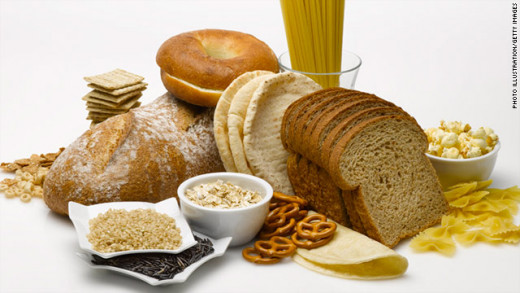
Test Your Gluten Knowledge
view quiz statisticsGluten-Free Diets Have A Purpose: Celiac Disease
Consider that your life depended on avoiding gluten. It wouldn't be an easy lifestyle and if you could, try to imagine what life was like before the gluten-free diet became mainstream and very little of these food options were available to choose from.
The gluten-free diet was designed for people suffering from celiac disease, a hereditary autoimmune disorder also known as glutenenteropathy, thus far affecting 1% of the population worldwide. Having a first degree connection to a celiac disease sufferer means having a 1 in 10 chance of developing the disorder and in most cases it manifests in the childhood years.
With sufferers of celiac disease, the small intestine is unable to absorb gluten proteins. The disorder is activated when gluten proteins are introduced in the body, causing the immune system's antibodies to attack and disrupt the small intestine in response. There are multiple lasting health complications if the disorder is left untreated due to the body being deprived of nutrients with bouts of diarrhea and steatorrhea after ingestion.
According to the Celiac Disease Foundation, associated health complications "include the development of other autoimmune disorders like Type I diabetes and multiple sclerosis (MS), dermatitis herpetiformis (an itchy skin rash), anemia, osteoporosis, infertility and miscarriage, neurological conditions like epilepsy and migraines, short stature, and intestinal cancers." The best way to treat the disease is to abstain from all foods containing wheat, barley, rye and other similar grains and this could mean saying goodbye to things like bread and beer. An episode of the disorder can be triggered by even the tiniest absorption of gluten. http://celiac.org/
It is safe to say that celiac disease, while rare, is a very serious illness that must be carefully monitored and adopting a gluten-free diet is essential to living a healthy and happy life.
Do you think gluten "sensitivity" is real?
Gluten-Free Doesn't Mean Low-Carb

Theories About "Gluten Sensitivity"
There is gluten intolerance (celiac disease) and then there is gluten "sensitivity", a recently accepted term where adverse reactions to gluten are similar to "intolerance", but tests results are negative for celiac disease and wheat intolerance. The term has received lots of attention from medical experts, but the true cause is unknown especially after celiac disease and wheat intolerance are ruled out.
Theories abound on gluten "sensitivity, but studies are pointing toward the carbohydrate component in wheat and gluten. One study showed that it could be a group of carbohydrates in the wheat, rye or barley itself that cause the bowel discomfort and headaches after ingestion. Another study showed that sufferers of IBS benefited from a gluten-free diet, therefore supporting the theory of gluten sensitivity. The most interesting theory is the "hygiene hypothesis" that says the world has become so concerned with cleanliness that our immune systems are just too confused to fight off antigens properly. www.eatingwell.com
Other theories point to yeast breads, or the way we are breeding wheat and grains, but the likely theory so far could be that we are consuming more gluten than ever before in these past 40 years, especially since vital wheat gluten (the powder form of gluten protein extracted from wheat) is in most of our processed foods. High consumption of this ingredient could be the reason higher incidences of gluten 'sensitivity' are coming to light. Many of us don't realize we are adding gluten to our homemade cooking when we use spices and broths. But again, the vote is still out on vital wheat gluten, therefore, this is only speculative since studies have shown that "no definitive causes [for gluten sensitivity] have been identified" as mentioned on www.celiaccentral.org. The vote is still out on all aforementioned theories and experts are still trying to establish the cause of gluten 'sensitivity'.
Fact vs. Fiction About The Gluten-Free Diet
So is gluten bad for you?
From what I've read, if you are not allergic and don't have sensitivity to gluten then there is no real reason to avoid it other than as a lifestyle choice. Getting tested for a disorder or symptoms is the only way to know. If you want to change your eating habits and give a new diet a go, it is always best to consult your doctor first.
This content reflects the personal opinions of the author. It is accurate and true to the best of the author’s knowledge and should not be substituted for impartial fact or advice in legal, political, or personal matters.
© 2015 Mil Maldonado

